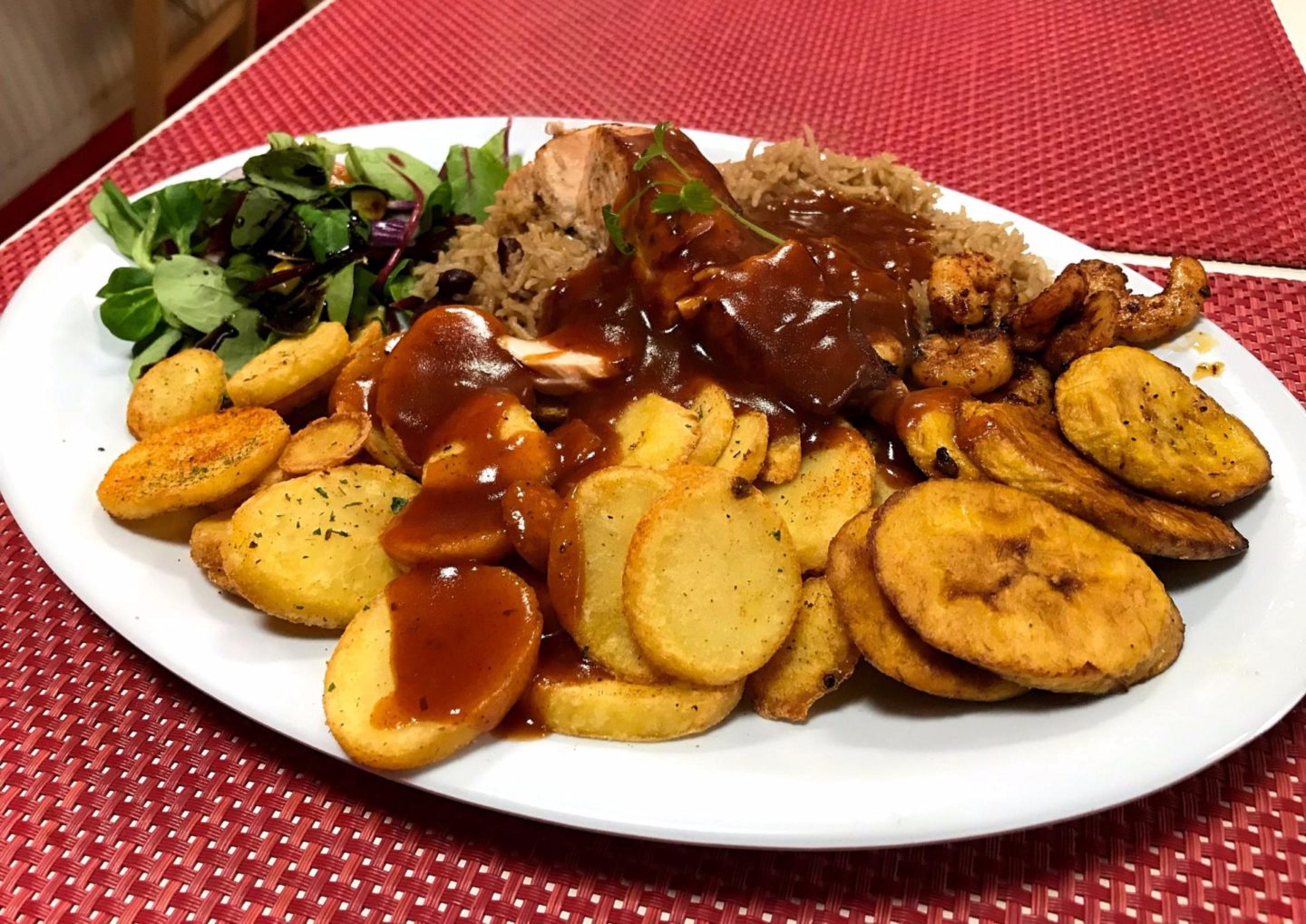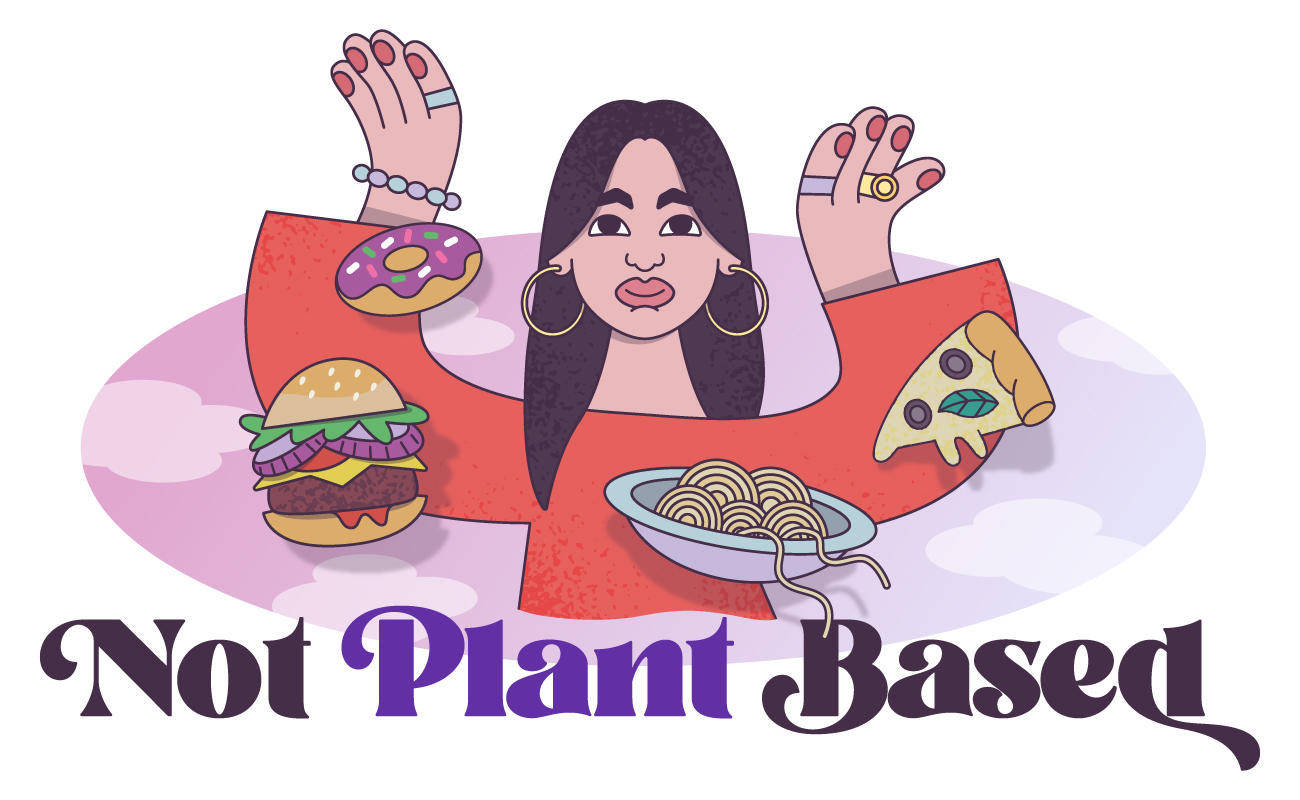
The biggest myth about eating disorders is that they are only about weight. In all of the years I’ve worked with eating disorder charities, researched eating disorders and talked with friends and family about these experiences, one explanation has been consistent – I wanted to be invisible.
As humans we are driven to maintain a positive self-image and restore equilibrium between the real and ideal self. It is something that drives us all and as well as being a psychological requirement for positive identity. Unfortunately, having a positive sense of self is something that many of us struggle with. For those of us with eating disorders, the illusion of the perfect ideal self can be all encompassing and dominate your life. Rather than striving to improve certain aspects of yourself, have you ever though what you should be?
I should be the best, I should be perfect, I should be the idealised version of myself.
Have you ever thought that if you don’t reach these goals you aren’t worthy? Many people I’ve talked to have spoken about this feeling of not being enough; ‘If I was thinner I’d be happy’. This leads to the conclusion ‘if I’m not perfect, am I worthless?’
The ideal person you are trying to be is unattainable. When you strive for absolute perfection, and view yourself to be that person rather than being the true you, there can be a real disconnect with yourself. This creates a fractured sense of identity.
Wanting to be invisible, to be nothing, to disappear is born from the feeling of having no real sense of self. If I can’t be that person, I don’t want to be anyone…
“If I can’t be beautiful, I want to be invisible” – Chuck Palahniuk.
“If I can’t be beautiful, I want to be invisible” – Chuck Palahniuk.
This can be seen as an alienation from the self. It leads to a state of confusion; who you are and what you truly stand for. When you are driven to achieve your “ideal self” you will do so by any means necessary, even if this costs your health, because it is the only way to be of worth. This can lead to a desperate need for an identity, self-confidence or a substitute for it; “…a feeling of identity (that) could make him meaningful to himself, despite all the weakness in his structure, give him a feeling of power and significance”.
The need to resume a sense of self is a human desire and need. This makes it overpowering. For some people, engaging with disordered eating behaviours provides an identity of being the ideal self – someone who is in control, who is thin, who is successful, and who is disciplined and saintly. Worryingly, such attitudes and behaviours can become engrained within the identity, explaining why it is difficult to treat and change behaviours as they become a core element of the person’s identity. An eating disorder ultimately becomes a means to resolve inner conflicts with the self by any means; having an anorexic identity is better than having a fragmented identity.
But how often do you hear the role of identity and one’s sense of self discussed when we are talking about eating disorders? Even within research, this is a topic that concerning is rarely mentioned or discussed as a core aspect of the psychopathology of these disorders, with identity being highlighted in key discussions by service users and academics at the 2016 B-eat Eating Disorders International Conference. This said, some progress has been made. Treatments, such as MANTRA being used at the Maudsley Hospital at KCL, are beginning to use identity within their models, and practitioners are beginning to realise that this element of self needs addressed to help sustain and promote recovery. This shows that things are improving and not as bleak and horrible as you might read about in the media. Seeing treatments looking beyond weight and eating is the biggest hurdle that this field has to overcome, and we in academia are slowing realising what has been known for years by those with experience.
The hardest part of recovery isn’t always the point when you have to gain weight, stop purging, change eating routines, or cut out binges. The hard part can often be finding yourself again, rebuilding your identity and learning who you are without your eating disorder. You suddenly stop being the person with the eating disorder and now have to be the sister, the son, the partner, the mother. You have to build relationships, a career, a life, all of which need more than just a restored weight and regular eating patterns. It requires you to be yourself. That can be the hardest and scariest thing you will ever face.
I can’t give you tips or hints about how to do this. I haven’t got the answers of how to be yourself or fix a fractured identity. I wouldn’t pretend to know them. The aim of writing this is to let you know that if you have ever felt you want to be invisible, or identify with anything that’s written here, you are not alone.
…And as a cheesy ending to I want to share the inspiration I used to write this:


